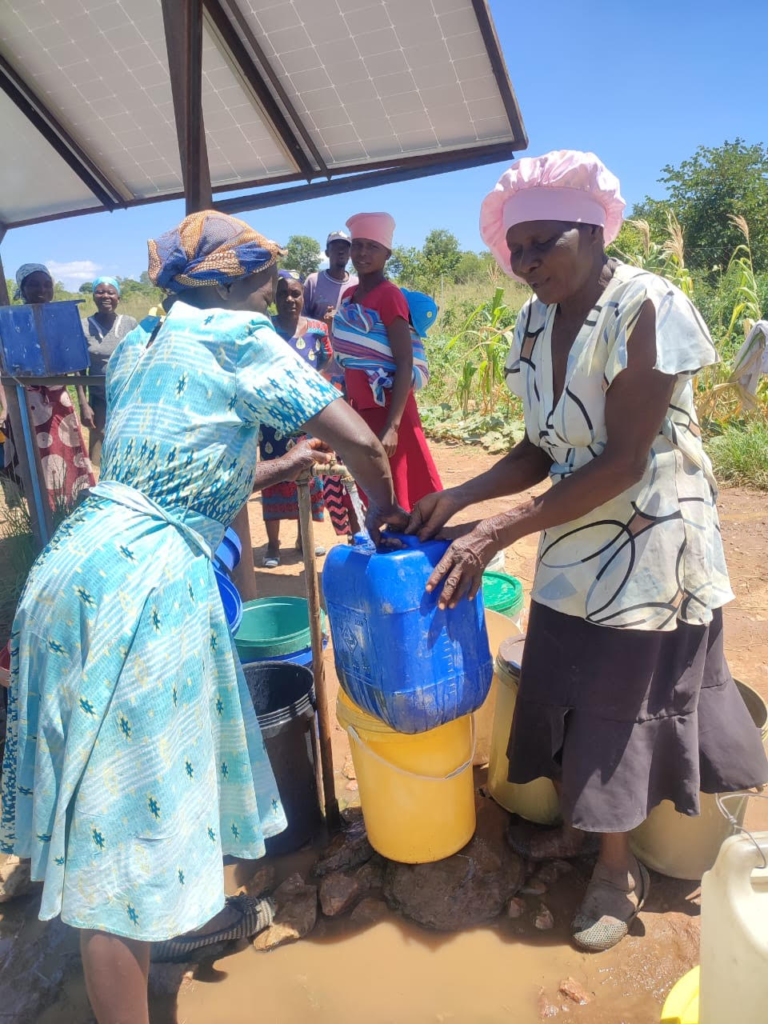
We join the rest of the world in commemorating world water day. The organization has been on drive to provide safe and clean water to rural communities around the world.
The organization has currently launched a “Women-Water-Food nexus interventions project” for Chiwundura rural district, Midlands, Zimbabwe. The project will be implemented by 4-H Zimbabwe in conjunction with Ministry of Lands, Agriculture, Water, Fisheries and Rural Development and the Ministry of Environment, Climate and Wildlife and the Ministry of Women Affairs, Community, Small and Medium Enterprises Development and supported by International Climate Initiative (IKI). The project is aimed at proving women in Chiwundura rural district with water. Boreholes will be established in the 8 districts. In addition, there will be an establishment of community gardens that will be watered by these community boreholes.

The area has not been spared from disasters such as recurring droughts, decreasing rainfall, heat waves, low crop yields, water and food insecurity hence the intervention. The project is targeting women and youth as the primary beneficiaries since they are more vulnerable to climate change. The total number of people targeted by this project will be more than 8000. Chiwundura has a population of 65 818 with women comprising 50,7 percent of the population while men numbered 49,7 percent.

4-H Zimbabwe has in the past established 8 solar powered boreholes in Hurungwe Rural District in Mashonaland West Province with support from Embassy of Japanese in Zimbabwe. The boreholes are currently providing water for more than 400 households thus more than 2000 individuals. The project was essential since the community has in the past been experiencing water shortages. As of now, women do not walk very long distances to get water. Moreover, with the establishment of community gardens by the organization, the availability of the boreholes makes it easier for them to water these gardens. The organization is aiming to provide boreholes all around the country to ensure that all the vulnerable rural communities have safe and adequate water

